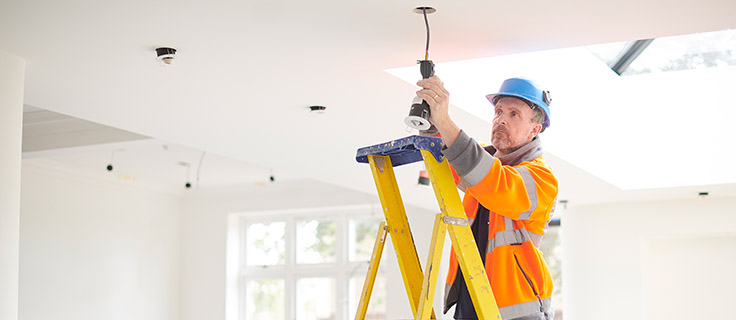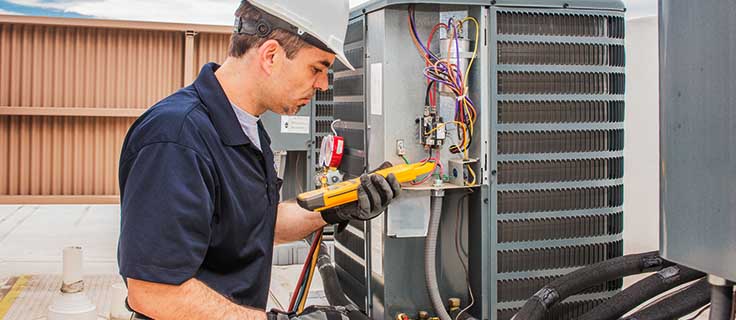What is the average salary for a plumber?
According to national averages from the Bureau of Labor Statistics, the average salary for an entry-level plumber in 2023 was $61,550 per year or $29.59 per hour.* The average salary can vary based on experience, where you work, and the state in which you live.
Do I need certifications or training to become a plumber?
Licensing and certification requirements for plumbers can vary from state to state. However, most states and some localities require plumbers to be licensed. Although licensing requirements vary, states and localities often require workers to have 2 to 5 years of experience and to pass an exam that shows their knowledge of the trade before allowing plumbers to work independently. Entry-level plumbers may need to complete an apprenticeship under experienced workers or supervisors after graduating from a trade school or vocational program. Click here for contact information for state licensing/regulatory boards and certain industry licensing information. If you are looking to finish up high school and get a jumpstart on your career you can also enroll in our high school diploma with plumbing pathways program
Where can I work as a plumber?
Plumbers, pipefitters, and steamfitters can find work in factories, homes, businesses, and other places where there are pipes and related systems. In these roles, you'll be expected to lift heavy materials, climb ladders, and work in tight spaces. Some plumbers travel to worksites every day and even work with other contractors. Outdoor work, in all types of weather conditions, may be required.
How long does it take to learn to become a plumber?
Learning to become a plumber usually combines a formal vocational education with an apprenticeship post-graduation. While the online plumber course from Penn Foster can be completed around your schedule, paid apprenticeships can take anywhere from 2 to 5 years to complete.










